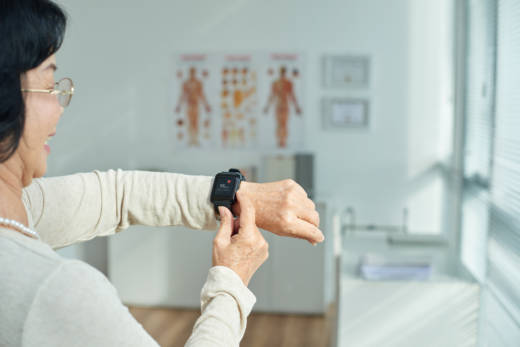A mobile app was able to detect irregular heart rhythms with 97 percent accuracy, a finding by UC San Francisco researchers that could lead to life-saving preventative screenings.
One in four adults over the age of 40 is at risk for a heart condition known as atrial fibrillation (AF). It's one of the leading causes of stroke and often goes undetected until it's too late.
The study, which relied on an app specifically designed for the Apple Watch, is reportedly the first to use a smartwatch to detect abnormal heart rhythms.
“By identifying candidates for appropriate anti-coagulation treatment, we might ultimately leverage common wearable devices to reduce ... complications, even death," said Gregory Marcus, director of clinical research in the UCSF Division of Cardiology and lead author of the study.
AF occurs when electrical impulses in the the upper chambers of the heart become erratic, causing the atrium's walls to quiver as blood passes through, potentially triggering blood clots.
